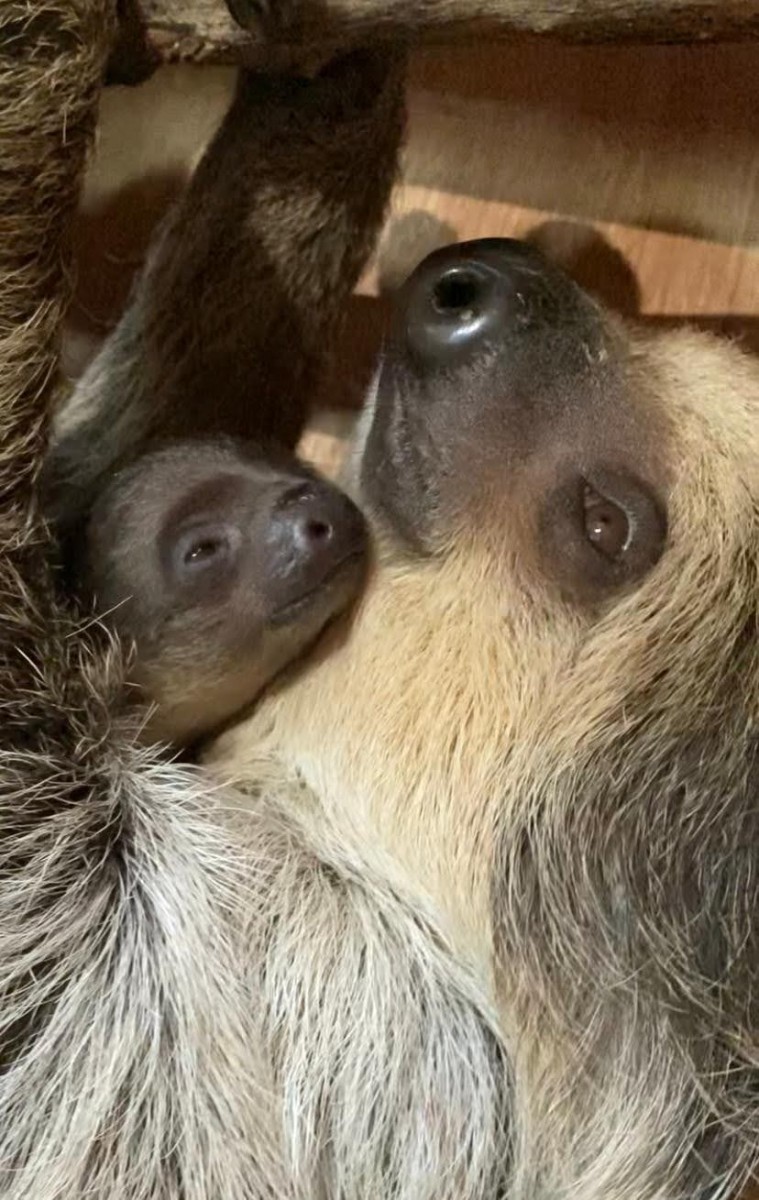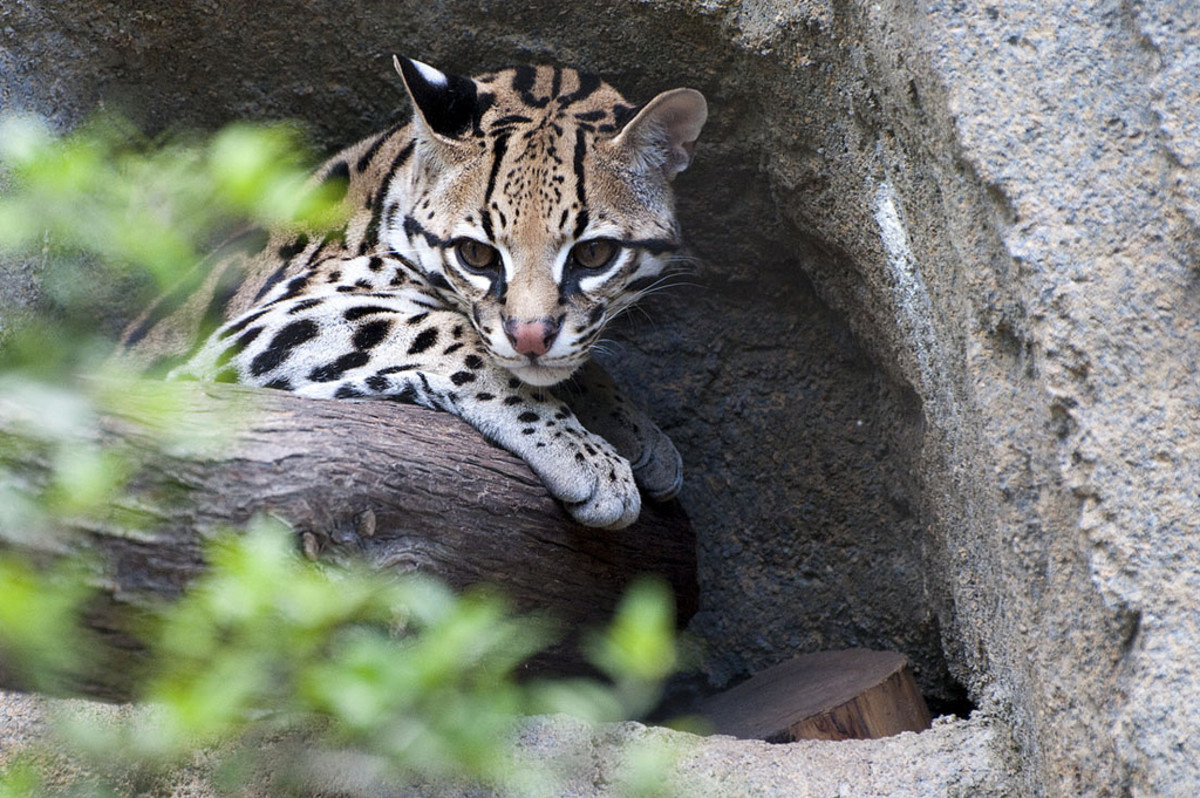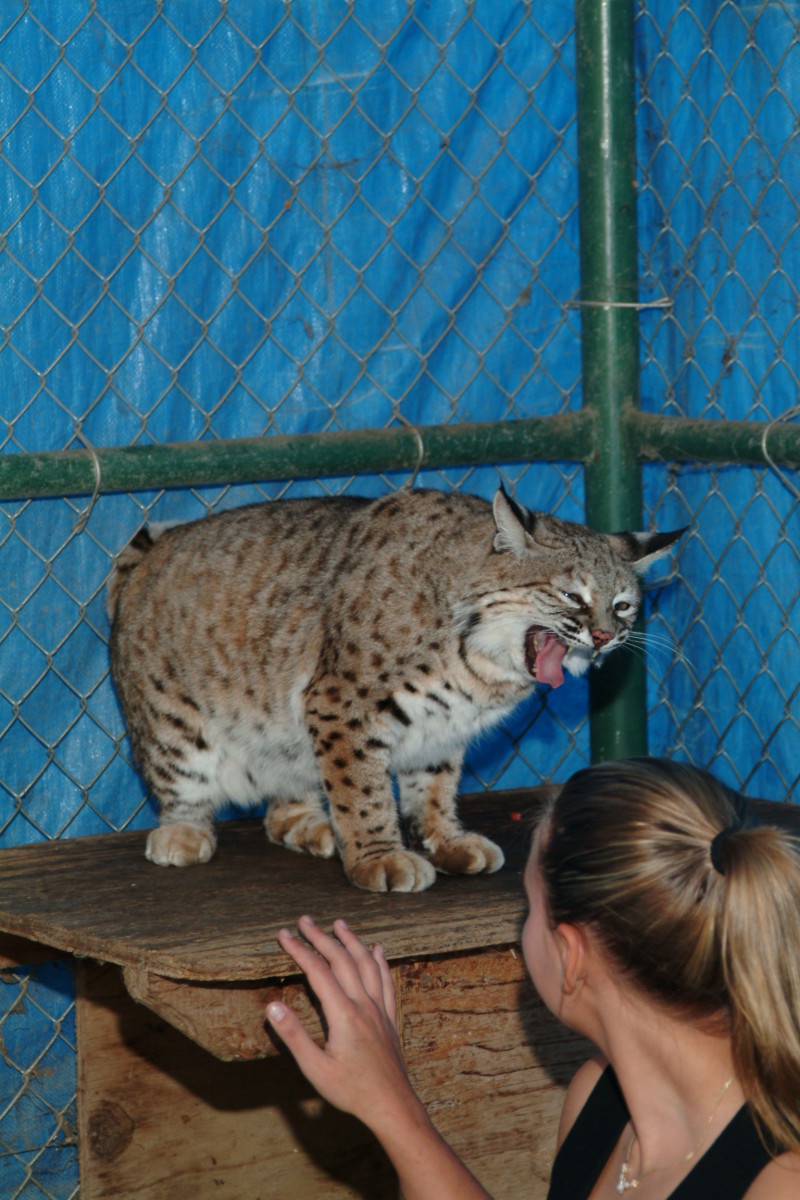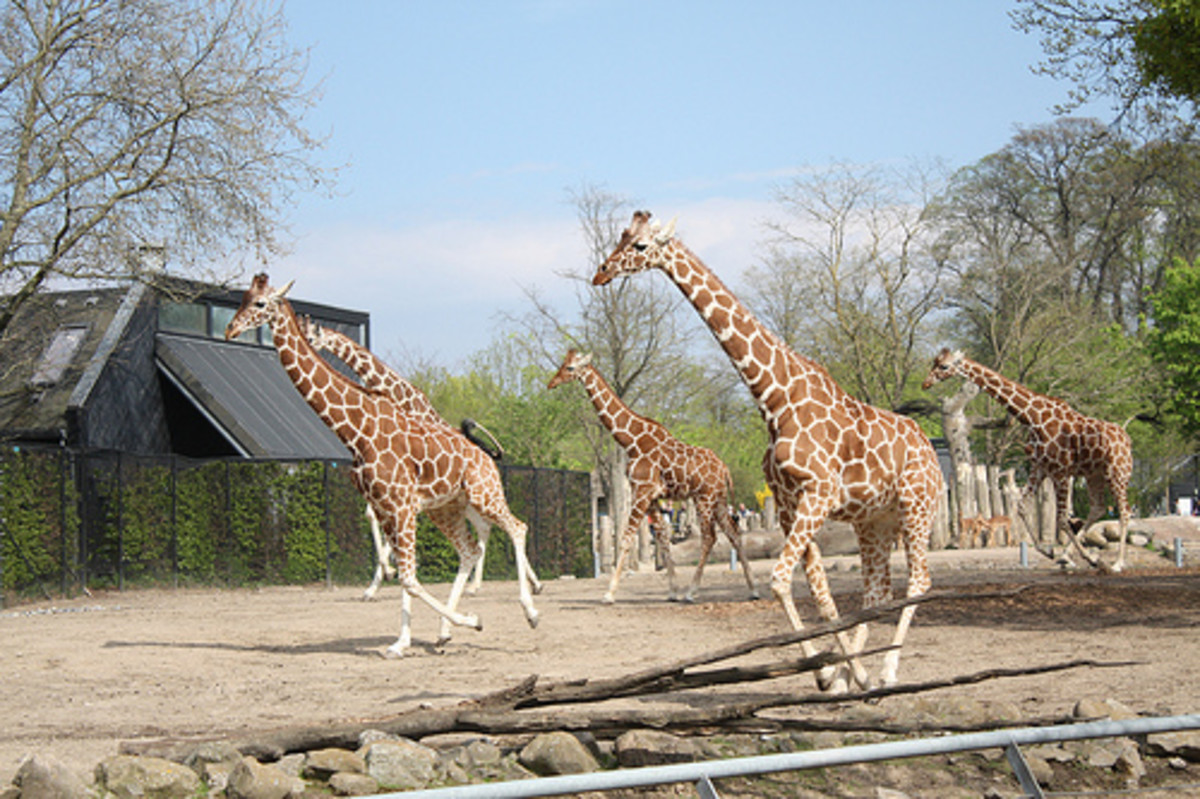What is the purpose of a zoo nowadays?

1 Introduction
2 To satisfy public demand and interest
3 Scientific studies of animal
4 Protection of rare species
5 A tourist attraction
6 To arouse people’s awareness about animals
7 Human- animal relationships
1 Zoos have become nowadays highly sophisticated organisations. The general opinion is that a zoo organised along scientific lines can do more good than harm to animals. Most people and governments now believe that a zoo fulfils many valuable purposes and the high costs are justified. In fact, zoos have a wide range of interests and purposes, especially in a world which is more and more urbanised and industrialised.
2 These urban populations, cut off as they are from rich natural surroundings, require some form of contact with animals. The wider is the variety of animals, the greater the satisfaction of the public. The zoo therefore has a cultural purpose in the first place. Then it has an educational one. Going to the zoo means entering a new world, forgetting the steel and glass environment. Children and adults go to the zoo for recreation. Both have an innate interest in animals. A zoo enables them to have a safe, close view of the world’s zoological wealth.
3 A zoo also has the purpose of catering for the needs of scientists. Research in animal behaviour, disease, feeding and breeding habits can be effectively carried out in zoos. The scientific researcher can study his subject at ease and return to it as frequently as he needs. Zoos reproduce as accurately as possible – with the help of modern technical means – the natural environment of animals. Bears, for example, are kept in a bare, white open space to give them a semblance of their real Arctic home. Animals therefore fail to perceive they are in captivity and so are not stressed. A lot of new scientific knowledge about animals has been obtained by close studies in zoos.
4 Zoos today have another quite urgent purpose. A number of animals are in danger of getting extinct in the forests. In Mauritius, the kestrel is being saved from extinction by its reproduction in captivity here, and also in the USA with the help of the WWF. The giant panda in China is also facing extinction, and a number of zoos are trying to make pandas reproduce in captivity. Some years back, Madrid Zoo filmed the birth of a baby panda for the world to see. The Siberian tiger and the orang-utan are being saved likewise. However, to prevent genetic degeneration, scientists justly believe animals born in captivity should later be released in the wild.
5 A zoo is also a place of pride for a country. London Zoo is one of the landmarks in the City. Vincennes, near Paris, has a zoo that attracts millions of visitors every year. The zoo has thus become a place of tourist attraction. A slice of the jungle is brought to the urban environment of skyscrapers. However, few zoos can claim to be a complete representation of the world’s animals. So each zoo has its own characteristics, specialities or sceneries. The Londoner finds pleasure in visiting San Diego Zoo in the USA – the latter being different from London Zoo.
6 But zoos also have other common aims. One is to arouse in people the awareness about the importance and functions of animals in the wider world, and to sustain this awareness. The people will grow with the conviction that animals must be protected, not shot down. A zoo can do a lot to form an animal-conscious population so that the natural reserves of the country can be better maintained. It may instil in the ordinary citizen the idea that animals must not be over-hunted. Animals play an important role in the ecology of the planet and help to maintain the balance of nature.
7 And above all, a zoo illustrates more tellingly the need for a good relationship between man and animal. This cannot be achieved if man does not have a better knowledge of his close companions. Animals are biologically inferior to man. This is why they need us to help them in their business of living and sustaining nature and humans. Animals can be better understood by all people with the help of a zoo. They will thus have from man the respect and protection which they so much need. *








